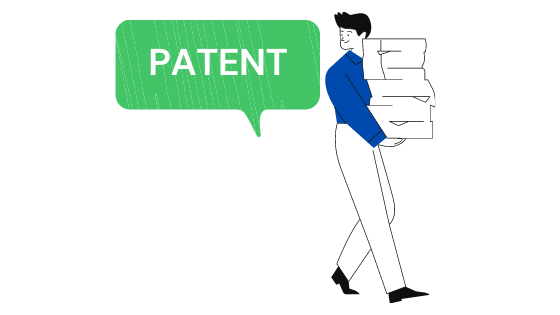A patent idea strikes at anytime, anywhere. However, the issue arises when an individual decides to turn the patent idea into a profitable or marketable tool. Most people have come up with amazing ideas, but failed to turn such ideas into profitable ventures. Some have taken so long to patent their ideas only to discover later that the idea was taken. Some people have even ended losing a lot of money and time hiring patent attorneys on ideas already patented. What should you do to avoid such frustrations?
Personally undertaking a search on an idea which acts as a lead to an invention, a process termed as patent search is the only way you can be certain of having full rights to an idea or discovering whether the idea has already been patented. Many people end up re-inventing the wheel claiming to be the pioneers which has seen a good number of people pay dearly when they find themselves on the wrong side of patent law. Remember, ignorance is no defense for law. Only novel ideas are granted patent. If another person earlier developed an idea similar to whatever you intend to patent, getting a patent is next to impossibility. It is even more painful coming to the realization that the idea is no longer new when you had already spend money on expert help as stated on InventHelp blog – how to patent a product with InventHelp.

Before turning the patent idea into that profitable tool, find time to explore or investigate on the idea. Most inventors come to a realization that they are not pioneers behind an idea they believe will make them proud. The term used to denote evidence that an individual has pioneered an invention long before you did is referred to as ‘prior art’ which may stand for a patent, a product, patent application or an article embodying your invention. If you come across prior art similar to your invention, there is need to reconsider your plans to file a patent application. This is just one of the barriers or challenges that are likely to come your way when striving to turn a patent idea into a profitable venture.
When you are just starting out as an inventor, determining the keywords describing your invention is the first essential step. Think of words you probably would exploit during your search if your goal is buying your invention and not patenting it. After coming up with the likely keywords that you could use, expand the set by brainstorming on alternative ways of describing the invention. Brainstorm as much as you can to perfect your search.
After creating the keywords, you are good to go undertaking the search. Several free sites exist to aid you in your search and are user-friendly. One such friendly site is search only that it avails one specific database-US patent database. Another free site for performing your search is offered by the United States Patent & Trademark Office which is said to be hard to use, but the basics can be learnt in a couple of minutes. After performing your search from known patent databases, undertake a thorough general search by use of brainstormed keywords. You might identify an article, idea or product that resembles your invention.
With comprehensive search results, you are better placed to either patent the idea or reconsider patent application.


